
 Instagram
Instagram
What medical conditions qualify for free prescriptions?
.png?v=1673957650547)
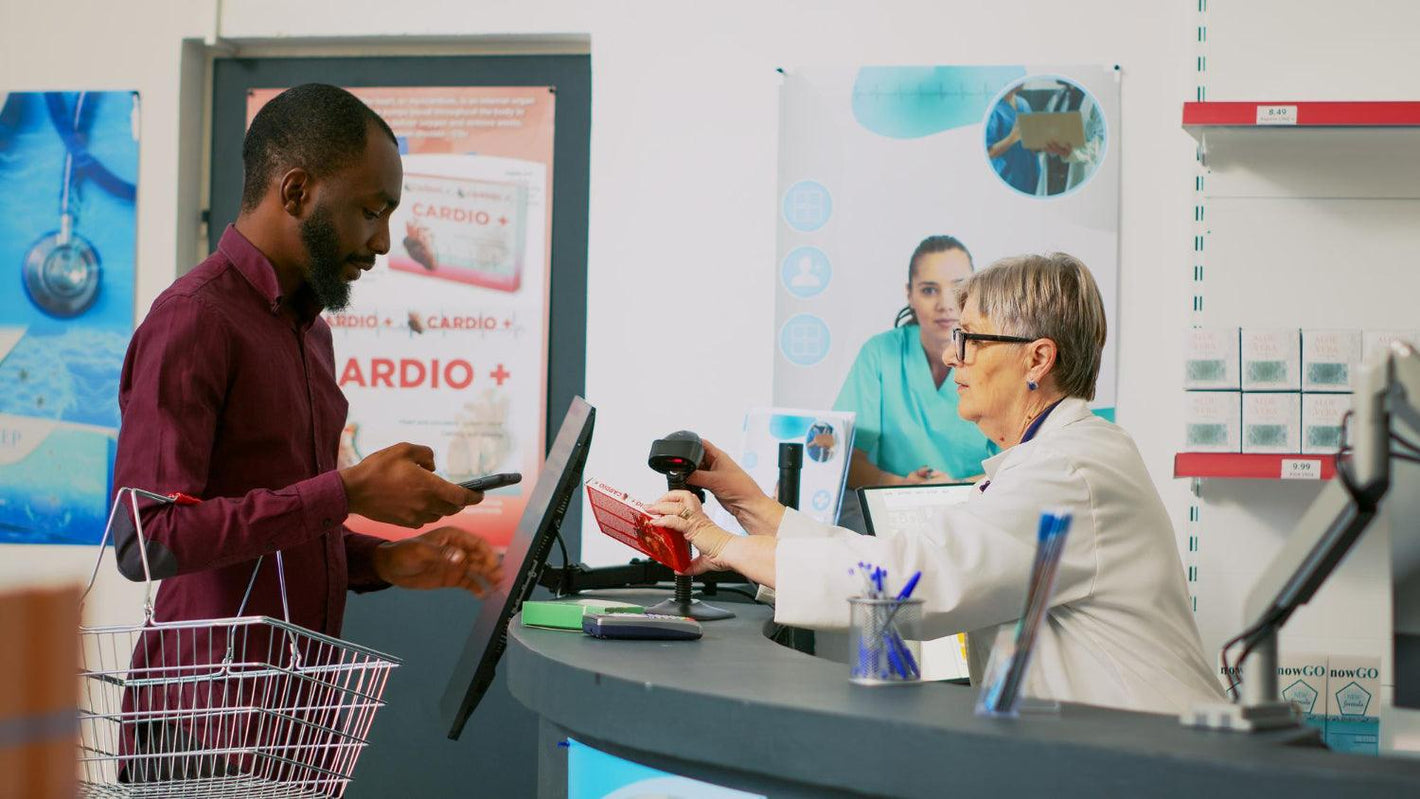
Related products
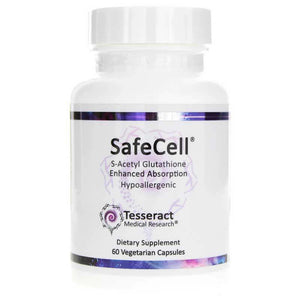
What Prescriptions Are Free For Certain Medical Conditions?
Prescriptions for those with specific medical problems are free. These medical exemptions are small cards that are given out when you have any of the following:
-
Cancers, such as their consequences or the consequences of present or prior cancer therapy.
-
A permanent fistula, such as a certain kidney dialysis fistula, ileostomy, colostomy, or laryngectomy that need constant surgical dressings or a device, is a kind of hypoadrenalism that requires a particular substitute treatment.
-
Diabetes insipidus, as well as other types of hypopituitarism.
-
Diabetes mellitus, unless treated solely with diet.
-
Hypoparathyroidism
-
Myasthenic syndrome
-
Continuing physical disability
-
Myxoedema epilepsy necessitates anticonvulsive medication constantly.
-
A persistent physical impairment prevents you from going out without the assistance of another individual and having a continuous surgical dressing.
Read more: What to do with old medications?
DWP Benefits That Qualify For Free Prescriptions
You are eligible for free medications when you or your spouse receives one of the following payments while receiving Department for Work and Pensions (DWP) assistance.
-
Universal Credit
-
Pension Credit
-
Income-related Employment and Support Allowance
-
Income-based Jobseeker's Allowance
-
Income Support
Individuals under 20 who rely on somebody obtaining one of these benefits must be excused from paying for the medicine and reduce health costs. In the case of Universal Credit, it is not a blanket exemption accessible to all recipients but rather is subject to specified requirements.
Read more: What age can you buy paracetamol in the UK?
How To Apply For Medical Exemption Certificates?
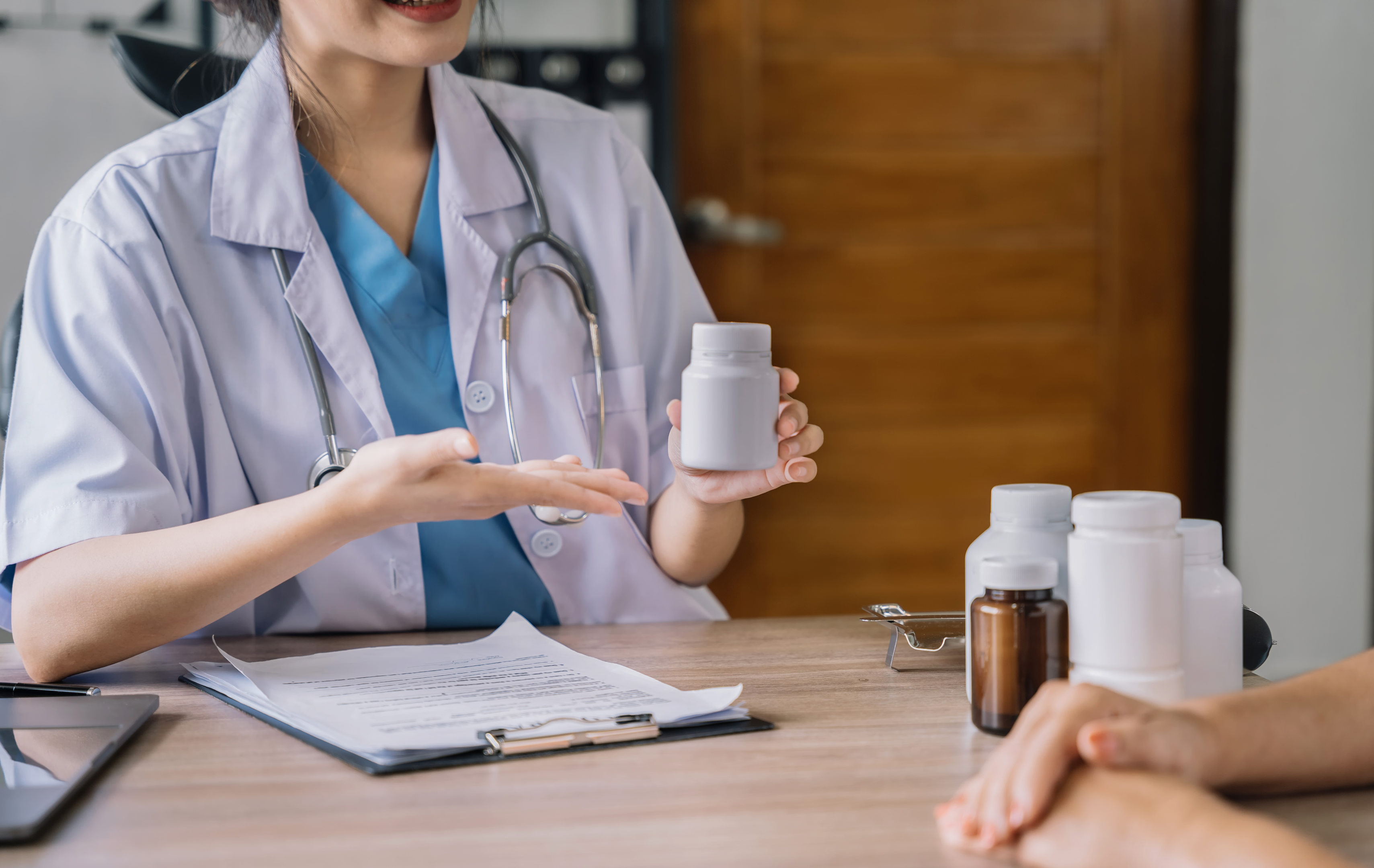
To seek a medical exemption certificate, inquire with your physician for an FP92A application. Your doctor will sign the paper to ensure that your information is accurate. An employee of the practice who has access to your health records, at the option of your GP, may also sign the application. Your certification will be practical beginning one month before the NHS Business Support Authority gets the request form.
Furthermore, it could only be valid for five years before needing to be updated. You could be notified that your certification has to be renewed. When you do not get a notice, you must renew it.
Read more: Can a pharmacist prescribe antibiotics for UTIs in the UK?
Conclusion

Individuals who are between the age of 16 to 18 and enrolled in full-time school or who are beyond the age of 60 are eligible for free medications. Some ailments, as well as becoming expectant or having a child under one year, might also exclude a person from free NHS prescriptions payment. Several advantages, but not all, entitle individuals to free medications. Thus clients must verify their eligibility, and pharmacists must help them with this by requesting current evidence of eligibility.
Furthermore, pregnant women and new mums entitled to free medicines could be unaware that they require a valid Maternity Exemption Certificate. They, too, might face a penalty charge when they do not have a valid certificate. People experiencing financial problems who aren't entitled to free prescriptions may seek advice from pharmacists about alternative options, including prepayment certificates and the NHS low-income scheme.





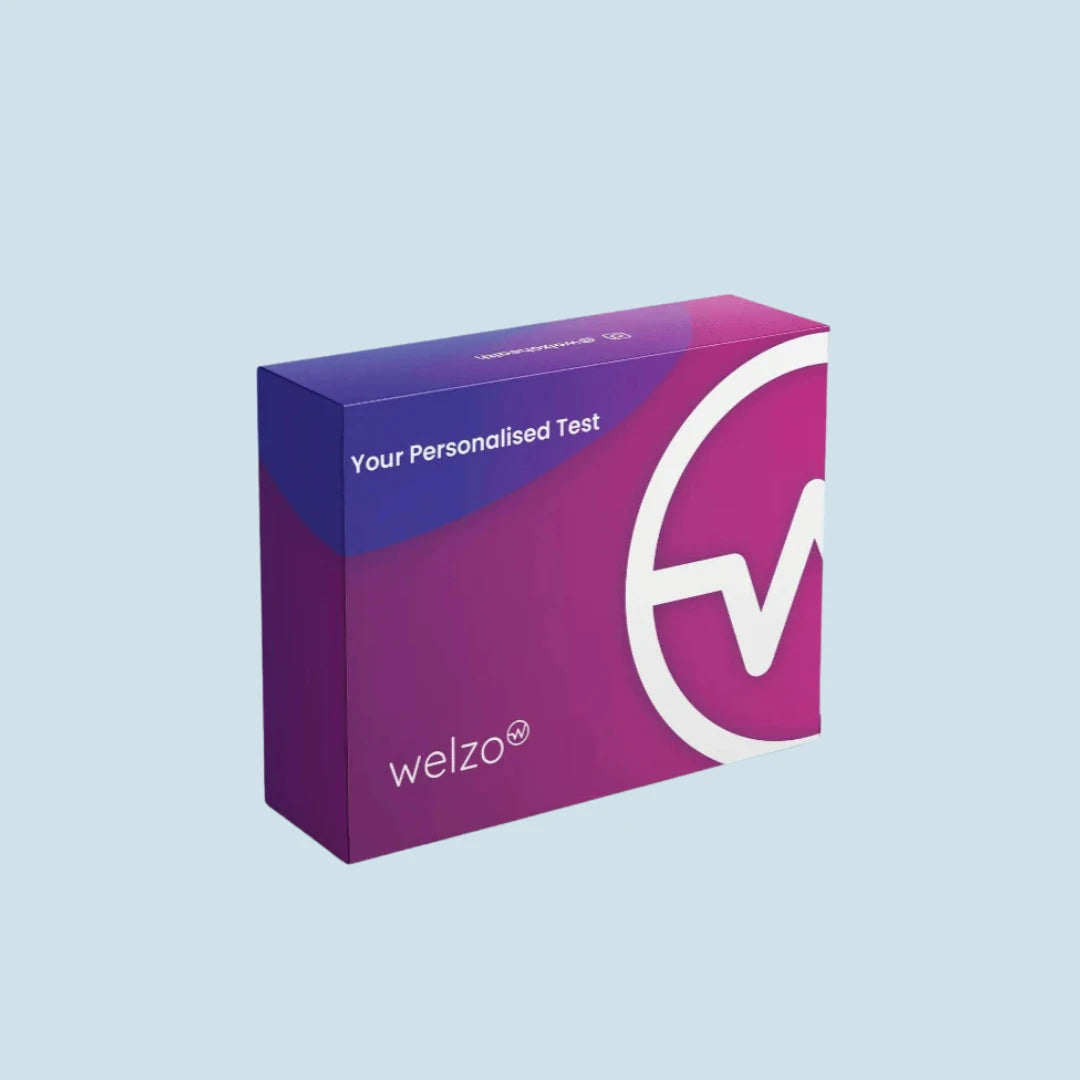






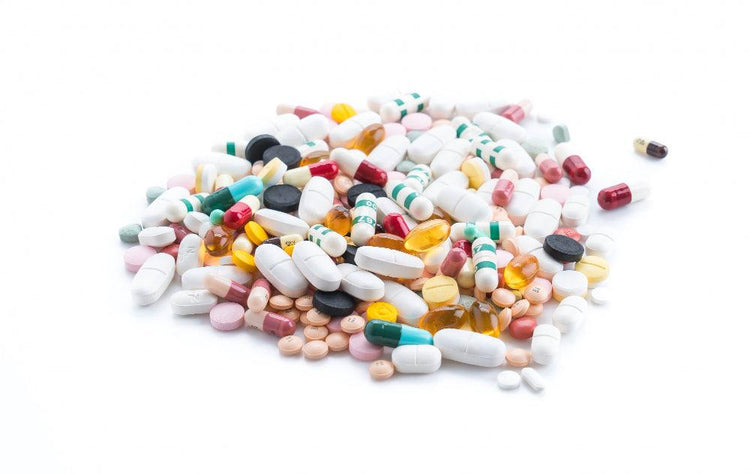
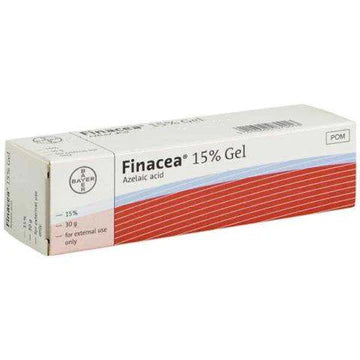
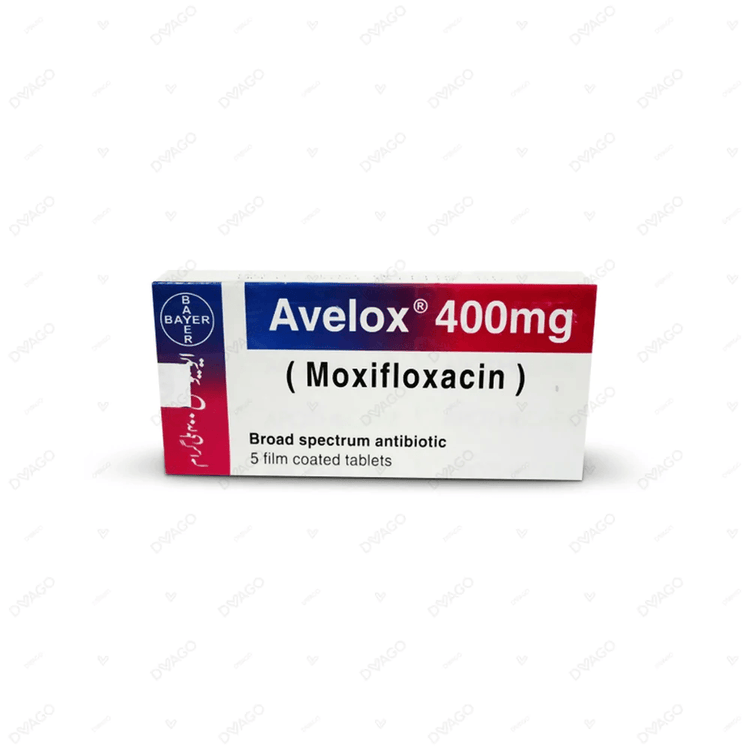

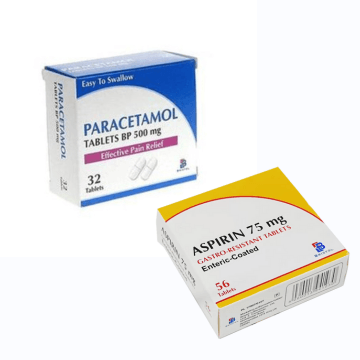
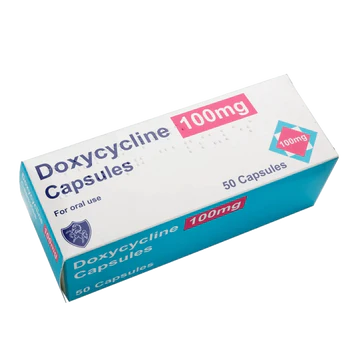
 Rated Excellent by 26,523+ Reviews
Rated Excellent by 26,523+ Reviews